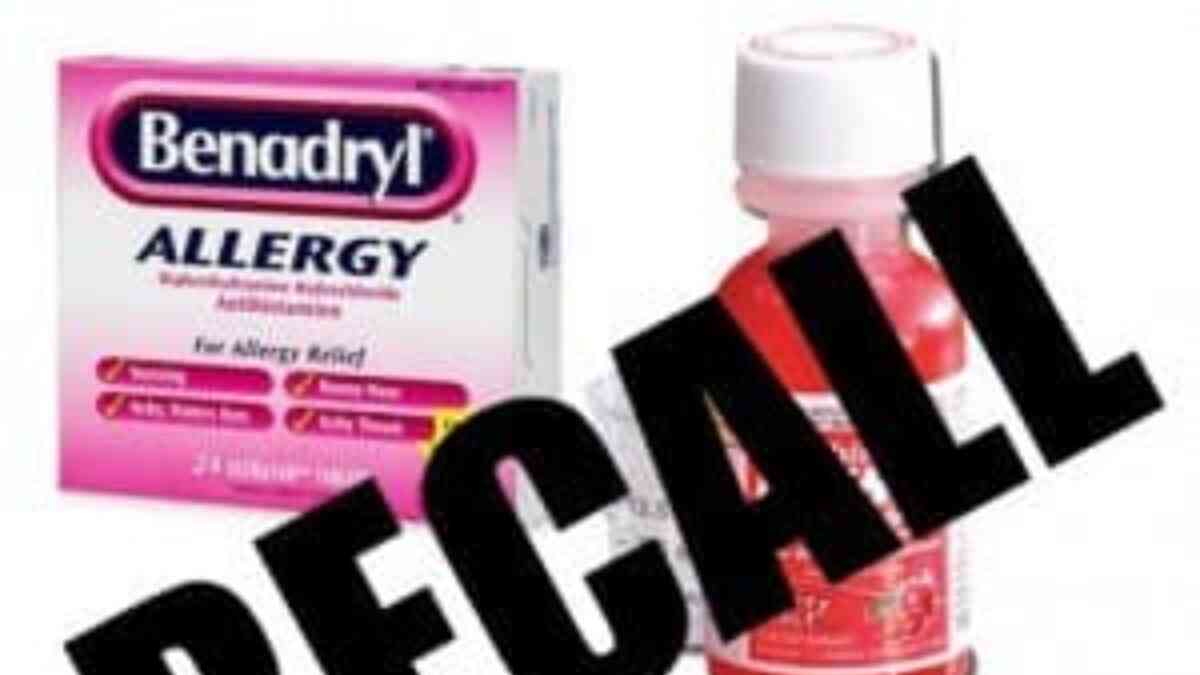
Making it Worse: Johnson & Johnson and the Phantom Recall
In spring 2010, Johnson & Johnson (J&J) was accused of attempting to dodge or minimize an official recall of millions of its children’s Tylenol products by hiring a third-party corporation to buy the drugs off store shelves without notifying consumers of the drugs’ potential problems. Johnson & Johnson attempted this tactic, called a “phantom recall,” months before it finally gave in and officially recalled 125 million bottles of Motrin, Tylenol, Benadryl, and Zyrtec formulated for children and infants.
Plagued by recalls and quality issues in recent years, J&J may have planned a phantom recall to avoid further public outcry. Instead, it made the problem worse.
As FrogDog discussed in its white paper on crisis communications (“Crisis Communications in Health Care: Developing Plans that Work”), transparency is the best policy for drug manufacturers facing a recall. Merck is a classic example of a company that took competitors and other industry institutions down with it by attempting to smoke-screen issues with Vioxx. Initially, Merck’s voluntary recall of the drug made the company appear to focus more on patient protection than the corporate bottom line. However, within weeks, reports surfaced that Merck knew years earlier that Vioxx increased cardiovascular risks. The fallout was widespread for the industry, and extremely damaging for Merck. In the wake of the scandal, Forrester Research found that 70 percent of doctors were more worried about drug safety as a result, and that 68 percent now preferred to prescribe medications that had been on the market at least 10 years. That’s a significant erosion of confidence among a drug company’s most important audience. Ouch.
Johnson & Johnson then seemed determined to do worse harm than a phantom recall accusation alone would have caused by claiming that the Food and Drug Administration (FDA) approved or agreed with the company’s decision to try to circumvent an official public recall. The FDA concedes that it should have acted sooner to halt J&J’s actions, although it does not admit collusion. Yet even if the FDA did approve the company’s phantom recall plans, J&J has not acted in good faith. By proposing and conducting a clandestine maneuver rather than admitting a mistake from the outset, Johnson & Johnson significantly damaged consumer confidence once the truth emerged. Even worse, when the news broke, J&J didn’t apologize publicly for the misjudgment—it instead pointed fingers at the FDA. So it’s okay to hide product issues from your customers if someone else says it’s okay? This move makes the entire industry look bad.
Drug manufacturers facing recalls must put consumer safety ahead of immediate financial concerns. Relationships with consumers are built on trust—especially in health care—and maintaining this trust with the press, public, and business partners during a crisis can call for thinking that might seem counterintuitive at other times. Business missions must sometimes take a back seat to collaboration when issues might affect public health. In the long run, companies will be better off admitting mistakes, apologizing, showing actions to prevent further issues, and forging ahead. Trust is worth far more to the long-term bottom line than near-term profits.
Curious about how to prepare your company for a crisis? Read FrogDog’s white paper on crisis communications. While focused on the health care industry, its principles apply to all corporations.
Updated: Aug 13, 2020

We do not spam. And you can unsubscribe when you want.